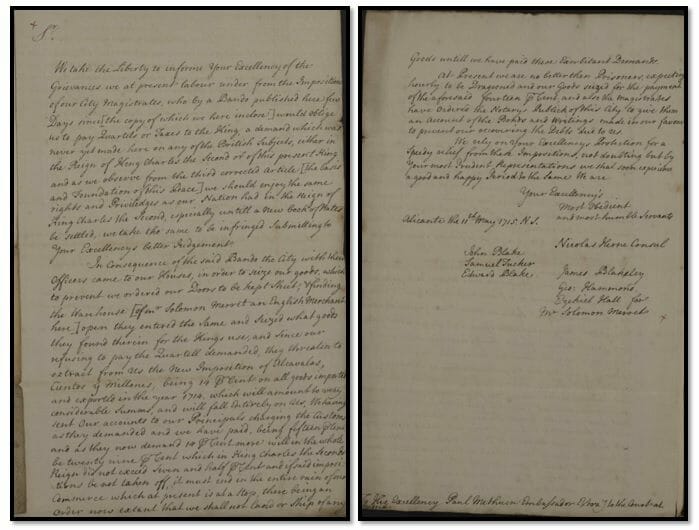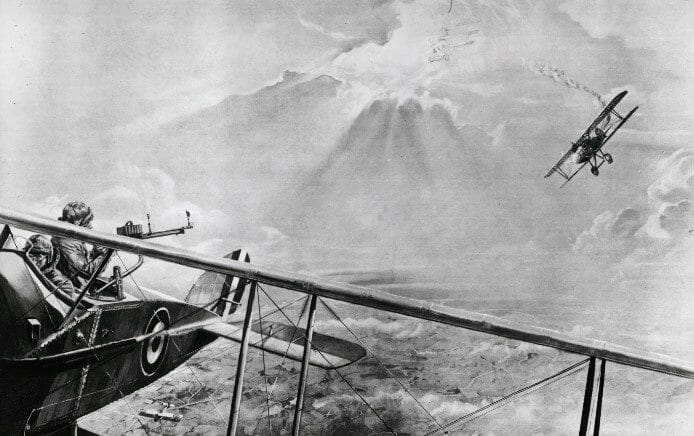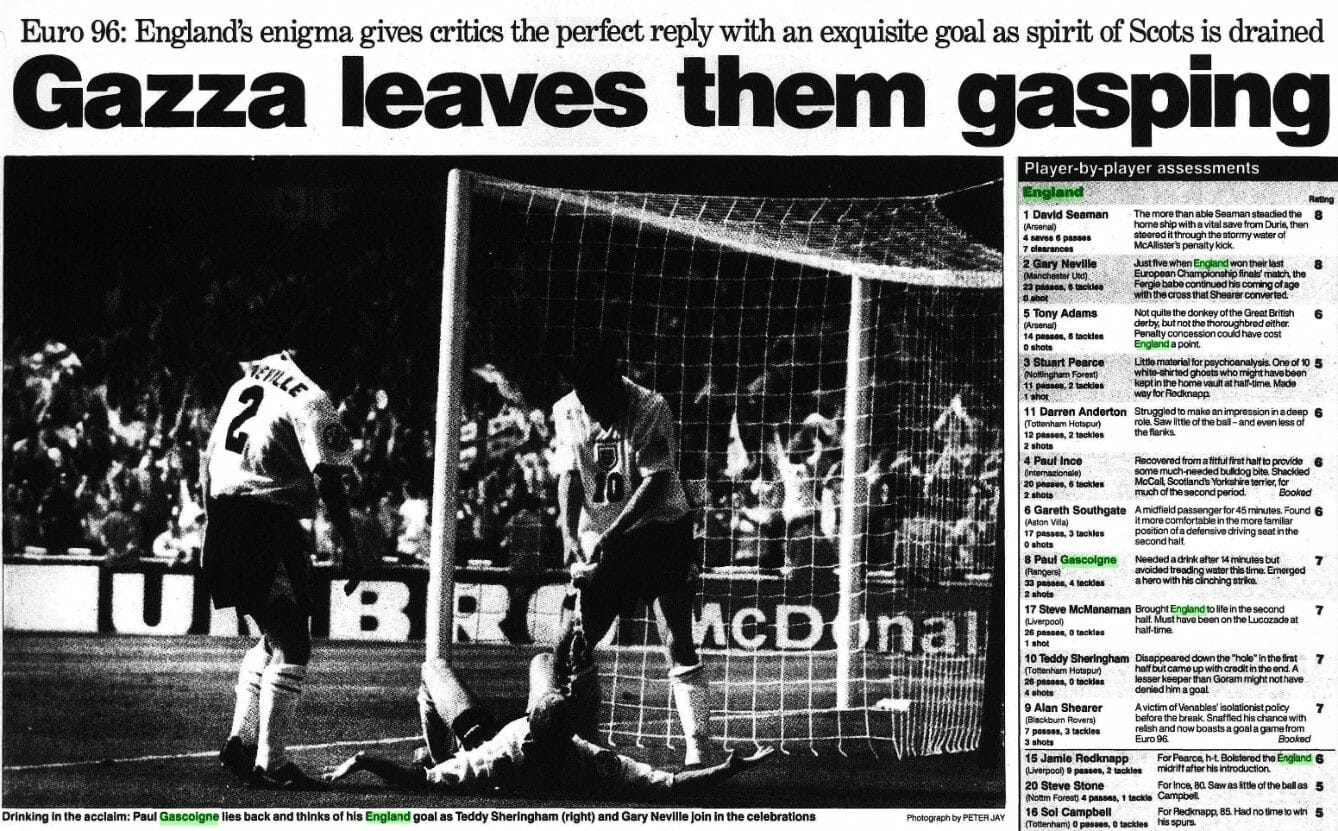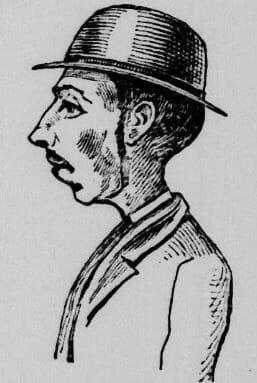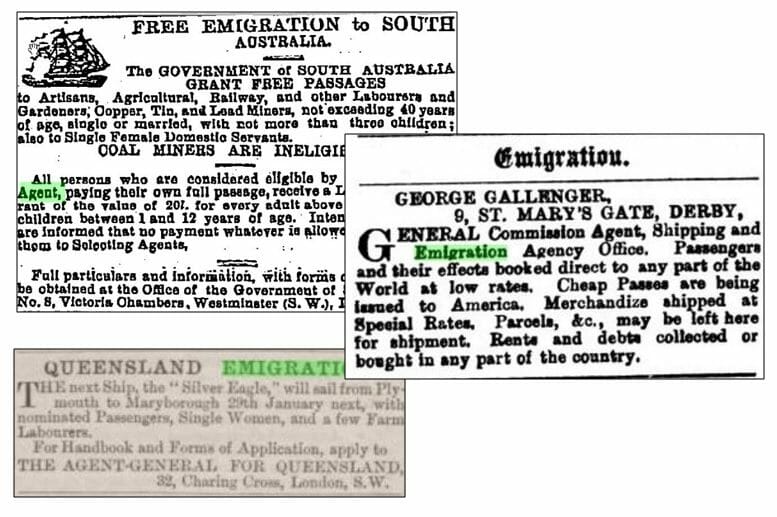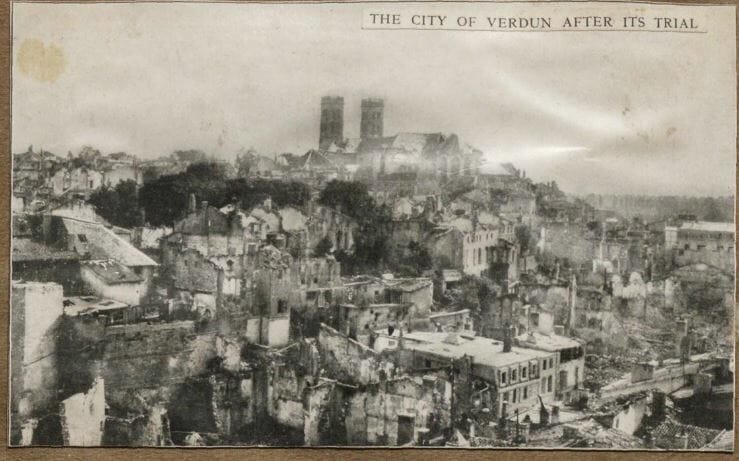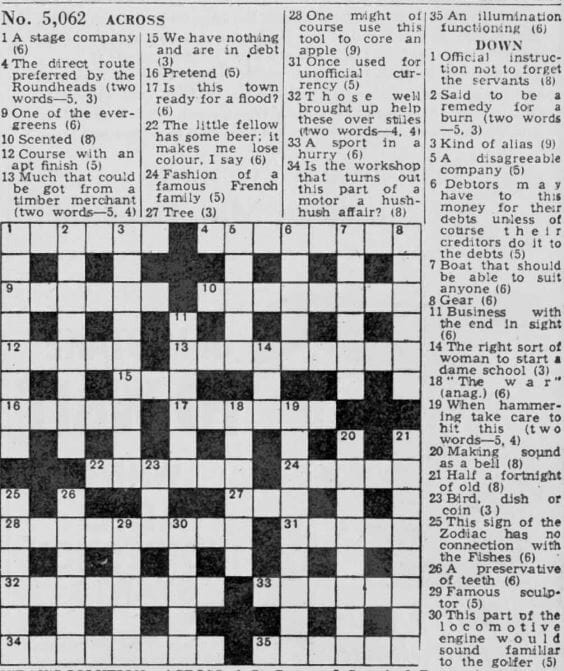Elvis Presley was just 41 when he died in August 1977. So much had been achieved in just over twenty years; a young country boy had risen exponentially to become one of the biggest – perhaps even the biggest – icons of twentieth-century popular culture. Looking back over his career with Gale’s digital archives reveals a more personal, introverted side to the man who became known as ‘the King’.
Daniel Pullin
18th-Century Brexit? A sneak preview of State Papers Online: Eighteenth Century: Part III
When reading through some documents contained within the State Papers’ SP94 (Spain) series recently, I was struck by some parallels between early-eighteenth century diplomatic relations and those of our current post-‘Brexit’ times. There is palpable tension in Anglo-Spanish relations from the letters exchanged between British Ambassador to Spain Paul Methuen and James Stanhope, Secretary of State for the Southern Department.
More broadly, this was a time of flux for European relations, with 1713 marking the end of what has been termed the first ‘global’ war: the War of Spanish Succession. Lasting for thirteen years, the war placed greater strain on European ties. Developing from a dispute over the succession of the Spanish throne when King Carlos II died childless in 1700 (leaving the Bourbon, Philippe Duc d’Anjou as his heir), England, Austria, and the Dutch Republic could not countenance a Franco-Spanish alliance dominating Europe. They therefore rejected the proposed succession by declaring war. After a thirteen-year campaign, the 1713 treaty concluding the war confirmed the succession of Philippe as Felipe V of Spain. As those letters show though, this succession prompted a re-evaluation of Anglo-Spanish trade arrangement.
False predictions, chaotic systems: Revisiting US elections
|By Daniel Pullin, Publishing Assistant|
In a few months’ time, the day millions of people have been waiting for will finally be upon us: Election Day in the United States. For the first time in eight years, a new President will be elected to the White House. Pitching effervescent Republican Donald Trump against the more sedate Democrat Hillary Clinton, long months of campaigning will come to an end in what is potentially the most globally scrutinised election ever known. The successor to Barack Obama will finally be revealed.
While the level of fanfare surrounding the 2016 election may appear unprecedented, there have been a few notable elections in the US over the years which have come close to matching this year’s furore:
- 1948: Harry S. Truman (Democrat) vs. Thomas E. Dewey (Republican)
- 1960: John F. Kennedy (Democrat) vs. Richard M. Nixon (Republican)
- 2000: Al Gore (Democrat) vs. George W. Bush (Republican)
Using Chatham House Online Archive’s expert analysis, some striking continuities emerge across all three elections.
Bombs, Shells and Steel: Revisiting the Battle of the Somme
‘It ain’t the guns nor armament
Nor funds that they can pay,
But the close co-operation
That makes them win the day.
It ain’t the individual,
Nor the Army as a whole,
But the everlasting teamwork
Of every bloomin’ soul.’
In or Out? Exploring Britain’s Relationship with Europe using Chatham House Online Archive
Mahatma Ghandi, Winston Churchill, Benazir Bhutto. Three iconic political figures who each touched the lives of scores of people around the world during their illustrious lives. What is perhaps lesser known is that all three feature in Chatham House Online Archive, having contributed in one form or another to the world-renowned UK think tank. Ranked the second most influential think tank globally in 2015, Chatham House has offered the perfect platform for leading thinkers in their fields to voice their thoughts on the international affairs of the day.
As the EU Referendum in the UK draws ever nearer, and the ‘yes’ and ‘no’ campaigns gather pace, I took the opportunity to delve into Chatham House Online Archive; its comprehensive coverage of over 80 years of international affairs includes the last UK referendum in 1975, which saw a two-thirds majority in favour of continued European Economic Community (EEC – the precursor to the EU) membership. Looking at five pieces of content from a range of contributors reveals some intriguing insights, and continuities, which have characterised Britain’s relationship with Europe over the past forty-four years.
Gazza, Platini… and Zagorakis: Five Highlights from European Championships Past
It is a familiar time for football fans across Europe. Flags decorate bedroom windows, cars, and the faces of millions of hopeful fans, believing that this may be their year. It can only mean the beginning of another football tournament: UEFA Euro 2016.
‘The compartment was much bespattered with blood’: the Brighton Railway Murder
Barely a week went by in the nineteenth-century press without a sensational crime story appearing. Whether it was the gory prospect of blood and dismembered bodies, or simply the thrill of a classic ‘whodunit’, there can be little doubt that crime reporting made compelling copy. This was certainly the case with the ‘Brighton Railway Murder’ which took place in the summer of 1881. From beginning to end, the case captivated the imagination of the British people, eager to discover who had murdered wealthy tradesman Frederick Gold, and what would become of the culprit. A search of Gale Artemis: Primary Sources highlights the case’s notoriety, giving me the perfect opportunity to trace its development.
Why study regional and local newspapers?
The British Newspapers, 1600-1950 series, the most comprehensive digital collection of regional newspapers from across the UK, is a key resource for studying local history. Part V, releasing in March 2016, will soon take the total number of pages covered by the series to over 5.5 million, with an impressive 161 newspaper titles. Academic Advisor to Parts I and II of the series, Dr Martin Conboy, described the series as an ‘enormously rich’ resource, which has already proved of great value to a range of scholars. But why invest in regional and local papers? What makes regional papers valuable to students and researchers?
The Women who Lived Through Verdun: 100 Years On
It is widely regarded as the battle of the First World War; an enormous clash of attrition which epitomised the bloody stalemate of the war. The ten-month Battle of Verdun began 100 years ago, with German Chief of Staff General von Falkenhayn seeking to ‘bleed France white’ by launching an all-out attack on the narrow stretch of land at Verdun. Over a thousand German artillery guns fired upon the vastly inferior number of French troops – they had just 30,000 men, against 140,000 Germans – along a six-mile stretch of the French front. The battle which followed was to last for over 300 days. By looking at personal sources from Nineteenth Century Collections Online, the sheer scale of this part of the conflict is clear to see.
Cracking the Enigma Code: The Daily Telegraph’s Crossword Challenge
The Daily Telegraph newspaper is known for its ‘high tone’ and has acquired a reputation for being ‘serious, popular and pioneering’ over the years. A sign of its status can be traced back to the Second World War, where its editor’s willingness to depart from convention ensured the newspaper’s critical involvement in the War’s outcome. For the newspaper did not simply stand back and report on events, although the work of first female war correspondent Clare Hollingworth should not be downplayed, but unwittingly engaged itself in the Allied cause.


